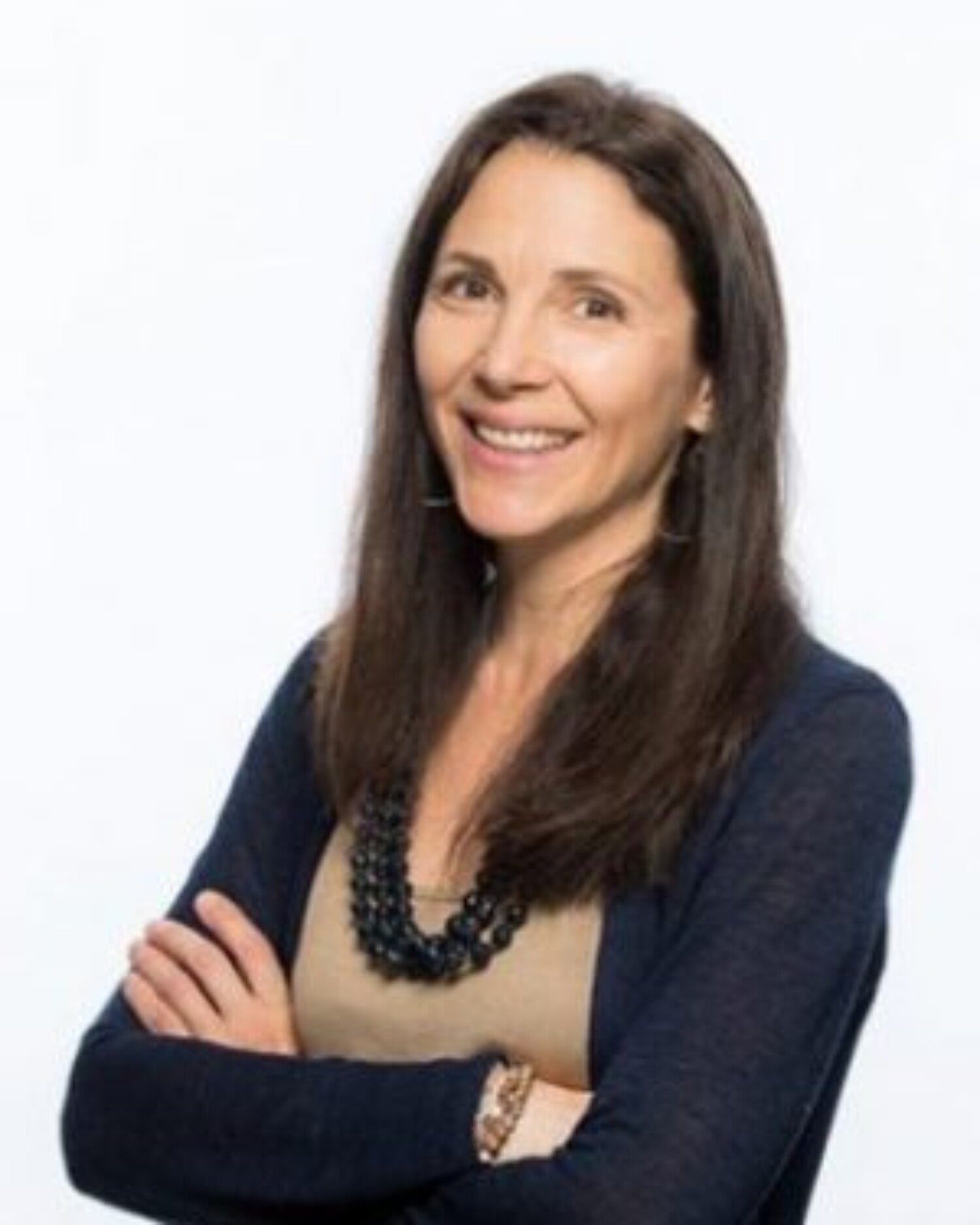Please note the Task 28 pages are only kept for historic reasons.
About Task 28
For the transition to a cleaner, more affordable energy to be fully realized, wind power and other renewable energy sources must be responsibly developed, taking human and ecosystem impacts into consideration at the early planning stages. The IEA Wind TCP recognizes this need and has included societal or “social” impacts as the main priority and strategic objective.
IEA Wind TCP Task 28 on the Social Science of Wind Energy Acceptance serves as an international forum and working group where international experts convene to discuss current issues surrounding people and wind energy. In participating countries, social acceptance of wind energy continues to be a key constraint to clean energy deployment. In the face of this intensifying and dynamic challenge in most parts of the world, researchers around the globe are defining issues and applying solutions at local, regional, and country-wide levels. Task 28 and its research outputs serve to synthesize the current research and identify gaps, advance the dissemination of information, and gather experts for international knowledge exchange and global collaboration.
Read more in the IEA Wind TCP Task 28 Social Science of Wind Energy Acceptance – Work Plan 2020-2024.
Priority Topics for Task 28 Phase IV
2020-2024
The complexity of social acceptance means that it is expected to benefit from international collaboration around definable and useful outputs. Outputs should be conceived and executed in a manner that will enhance our understanding of social acceptance while supporting the work of policy-makers, developers, and other stakeholders in the global wind industry as they seek to define and build new energy infrastructure at levels consistent with the perceived needs and goals for their respective country. Collaborations further increase country capacity through networking and access to new resources. Task 28 includes two research tracks:
Track 1: Research Synthesis and Gap Analysis
- Innovations in value additions and benefit schemes from wind projects
- Understanding costs associated with community engagement and opposition
- New and emerging issues in wind energy acceptance (e.g., airborne wind, very large turbines, and turbine recycling).
Track 2: Research Dissemination, Facilitation, and Knowledge Exchange (ensuring research is shared globally)
- Increased global engagement and knowledge exchange of wind energy acceptance and social science – collaboration and partnership with renewable energy technologists
- Offshore Wind Working Group on Social Acceptance: expert convening and information dissemination.
The value of the Task will come from:
- Ensuring diverse participation from a larger number of countries;
- Agreeing on priority topics and work packages;
- Adopting new methods of working based on more proactive involvement of Task participants;
- Maximizing the value of the Task outputs through engagement of end users.
Operating Agent
Please contact the Operating Agent below with any questions
Frequently Asked Questions
Get answers to our most commonly asked questions about IEA Wind TCP Task 28
How can social acceptance help achieve renewable energy policy objectives?
Wind energy is an important part of policy goals in IEA Wind TCP member countries working to meet their clean energy obligations. Wind power must be developed in responsible ways that work with host communities and ecosystems. Social acceptance continues to be a key constraint on the development of wind energy projects. Projects that encounter concerned host communities – and, in some cases, opposition – can have increased costs, timelines, and failures, which decrease the overall rate of wind energy deployment.
In the face of the intensifying and dynamic challenge of social acceptance of wind energy in many parts of the world, IEA Wind TCP Task 28 on Social Science of Wind Energy Acceptance serves as an international working group for research and knowledge exchange to better understand issues related to hosting community and other stakeholders’ concerns about wind power development.
No matter how advanced the technology is, if people (decision-makers) do not approve of it, it will not be deployed. So this task works to ensure that technologists design wind energy systems with their host communities in mind and to understand challenges related to the social acceptance of wind energy (including sound, shadow flicker, and viewshed issues). It also works to educate society and policymakers by sharing knowledge and research results on wind energy social science.
How can I participate in Task 28?
Send an email stating your interest to Suzanne Tegen: suzanne.tegen@colostate.edu
How is social acceptance defined and measured in Task 28?
For the purposes of the task, we defined ‘social acceptance’ as a favorable or positive response relating to proposed or developed technology by members of a given social unit (country or region, community or town and household, organization).
What are the expected results from Task 28 activities?
The value of the Task will come from these objectives and expected results:
- Ensuring diverse participation from a larger number of countries and a variety of social scientists;
- Adopting new methods of knowledge sharing based on more proactive involvement of Task participants and new online webinar and meeting tools;
- Greater emphasis on maximizing the value of the Task outputs through the engagement of end-users and broad systems thinking;
- Exploration of increasing the Task’s reach to developing countries;
- Increasing the profile and awareness of Task 28 by proactive outreach and online dissemination to and through wind and other renewable energy stakeholders globally.
Outputs should be conceived and executed in a manner that will enhance our understanding of social acceptance while supporting the work of policy-makers, developers, and other stakeholders in the global wind industry as they seek to define and build new energy infrastructure at levels consistent with the perceived needs and goals for their respective country. Collaborations further increase country capacity through networking and access to new resources.
IEA Wind Task 28 Operating Agent Suzanne Tegen
Center for the New Energy Economy
Colorado State University
Powerhouse Energy Campus
430 North College Avenue
Fort Collins, Colorado 80523
USA
Phone: +1-303-391-0674
9 a.m. – 5 p.m. Mountain Time
Email: Suzanne.Tegen@colostate.edu
